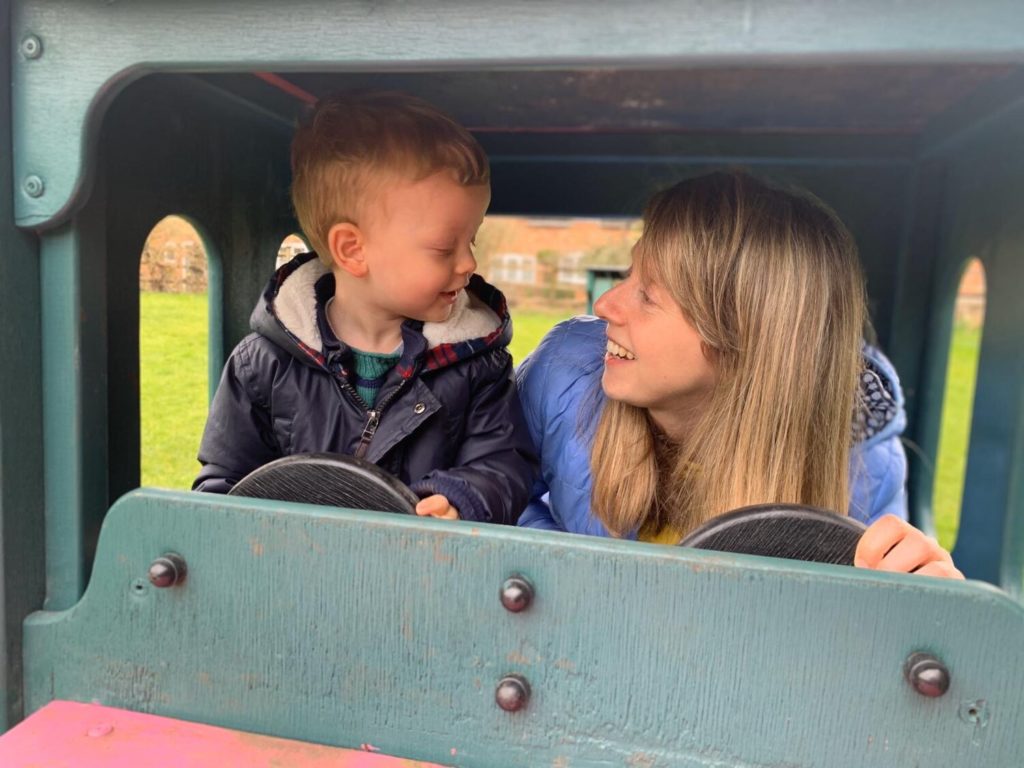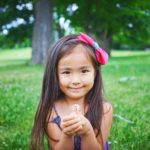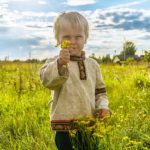In the midst of a global health crisis with COVID-19, my 2-year old son is having the time of his life. With schools closed and a government mandate to stay at home, he has ample time with mum and dad (blissfully unaware of our scramble to squeeze in shifts of work around him), a long walk in the woods near our house – studiously keeping our distance from anyone we might meet – and some pottering in our small garden.
Today we paused to pick up soft white petals from the blossom trees, strewn like snowdrifts on the path, and listened to a couple of woodpeckers hammering in the trees. He crouches down to examine insects, chases after squirrels (in the hope of cuddling them), and cranes his head back to search for birds. Now, more than ever, I am immensely grateful for this easy access to nature, and for the comfort, peace and joy that it brings to our family.

But I am also acutely aware that this privilege stands in stark contrast to the experience of millions of children and families around the world, who are deprived of this nurturing connection to the natural world, and whose most basic rights are undermined daily by widespread environmental degradation and the creeping threat of climate change. For hundreds of millions of children, there are no chirping birds or trees bursting into bloom. There are urban slums and skies clouded grey by smog, where setting foot outdoors exposes them to polluted water, earth and air. Their paths are strewn with broken glass and toxic waste, and their environment presents a mortal threat to their lives, rather than a lifeline for their mental and physical well-being.
“For hundreds of millions of children, there are no chirping birds or trees bursting into bloom. There are urban slums and skies clouded grey by smog, where setting foot outdoors exposes them to polluted water, earth and air. ”

As the tragedy of coronavirus unfolds, I am relieved that there are steps I can take to protect my son from the pain and suffering of this health emergency. When he is old enough to understand, I will be able to tell him how we emerged from this crisis. That we acted responsibly, and that we looked after one another. That we did everything we could to shield the most vulnerable members of our society, and that we spared no effort.
And as the environmental crisis worsens, can I say the same? That my son will be spared from the suffering and pain, and that he will never have to share the panic and fear I feel for his future? That we acted responsibly and took care of our neighbors? That we did all that we could to protect our most vulnerable?

On Saturday evening I will flick my switch off as part of Earth Hour, alongside millions around the globe to show my support for protecting our planet, children and my son. At that point, my son will be sleeping, but I will be demanding that world leaders take urgent action on the environmental emergency that continues to rage and rip through our communities unabated. I will ask them to act responsibly, to prioritise the most vulnerable, and to spare no effort in mobilising the transformational changes required.
“I will ask them to act responsibly, to prioritise the most vulnerable, and to spare no effort in mobilising the transformational changes required.”
Joni Pegram is the Founder and Director of Project Dryad, a Secretariat member of the Children’s Environmental Rights Initiative (CERI).
